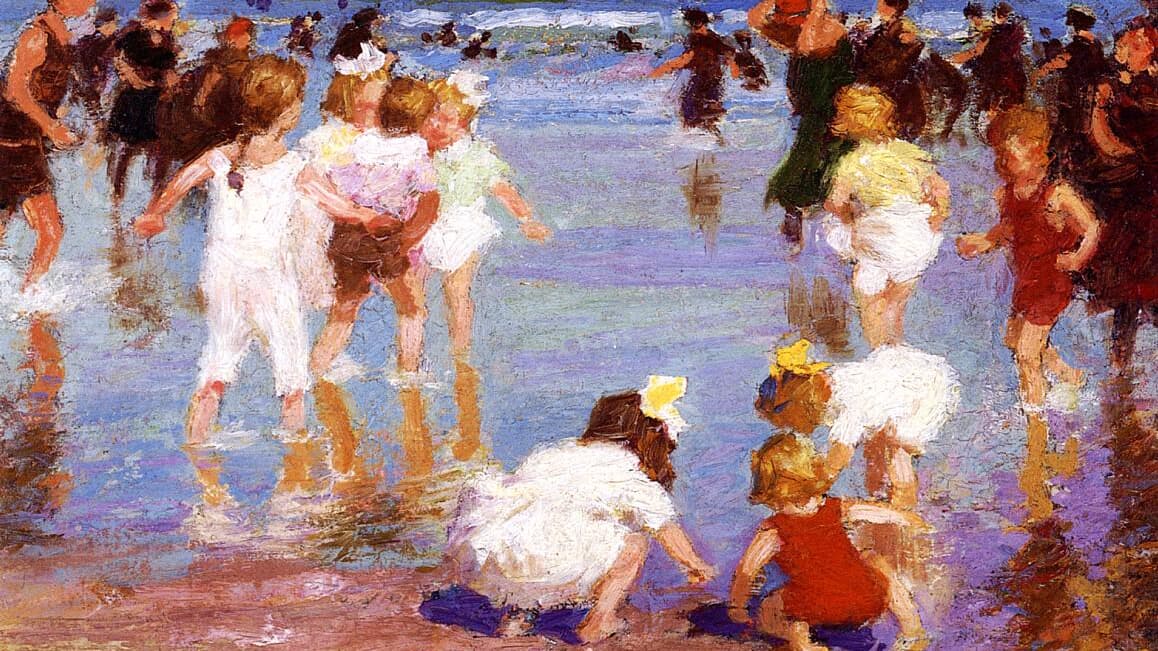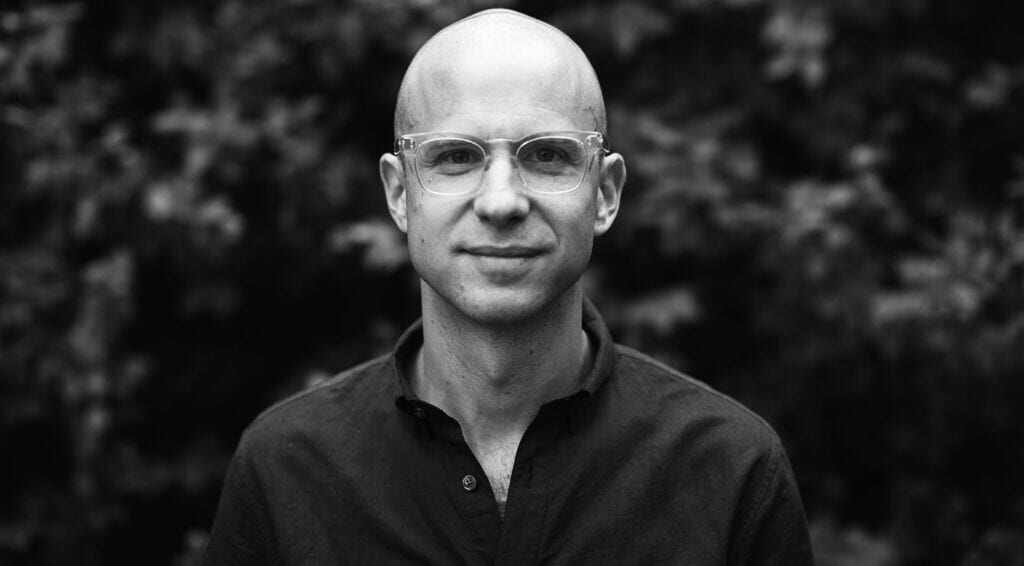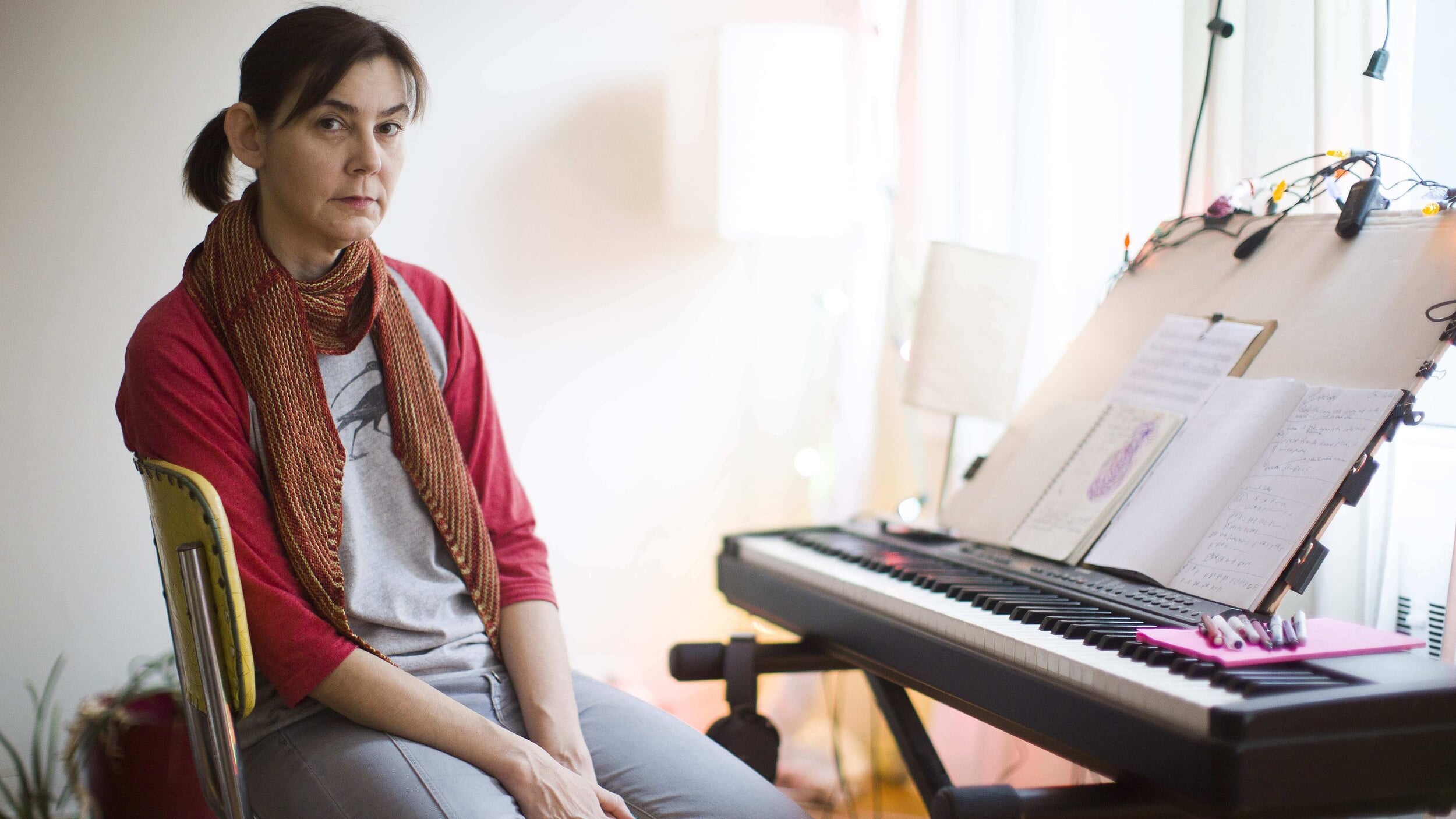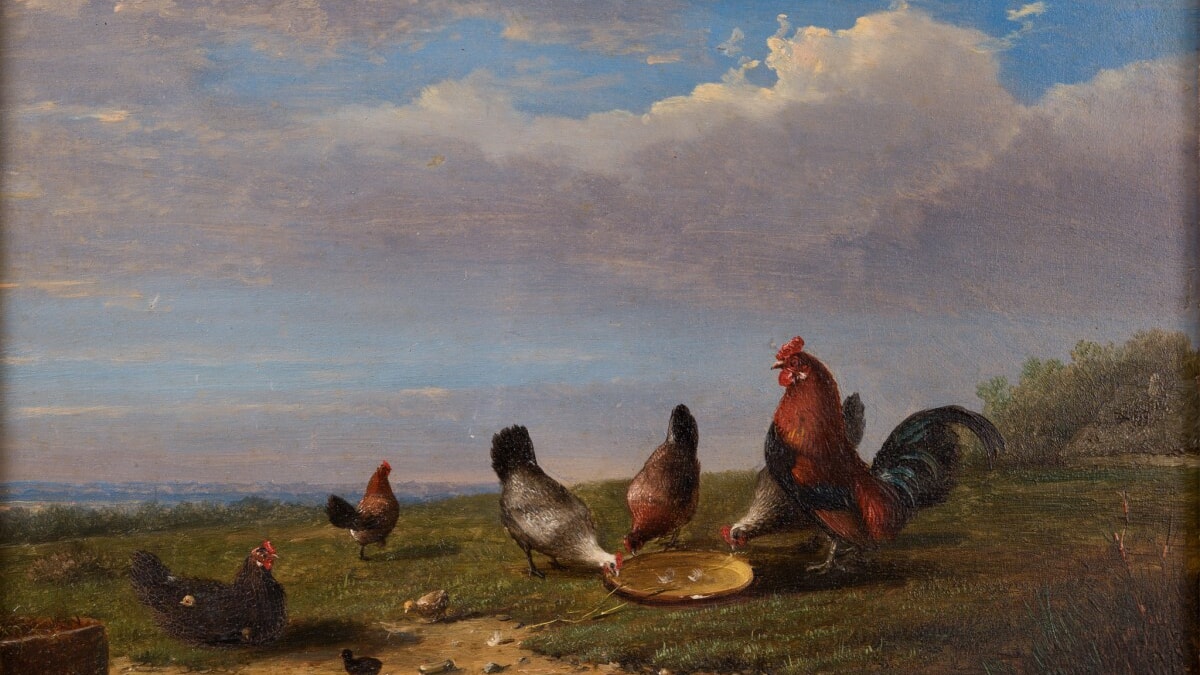Antonio Bertali’s Chaconne: Fiddling Around in a Baroque Jam Session
The Italian Baroque composer and violinist Antonio Bertali (1605-1669) is now little more than a footnote in music history. But during his lifetime, Bertali was a celebrated virtuoso and composer of operas, oratorios, liturgical works, and chamber music. Half of his output has been lost. Born in Verona, Bertali migrated north to Vienna where he was employed by the court of Holy Roman Emperor Ferdinand II. He is credited with establishing the …







